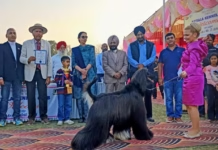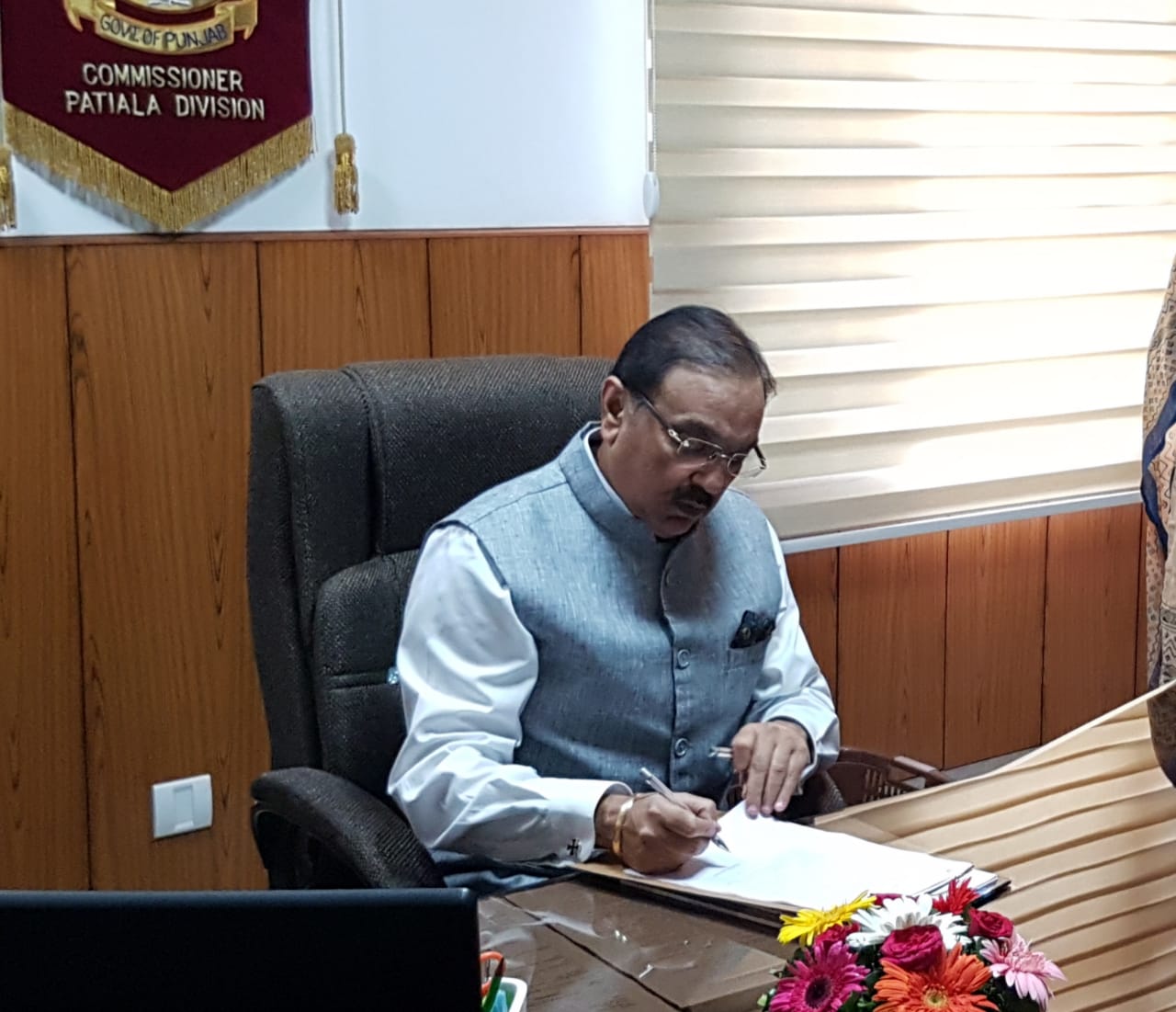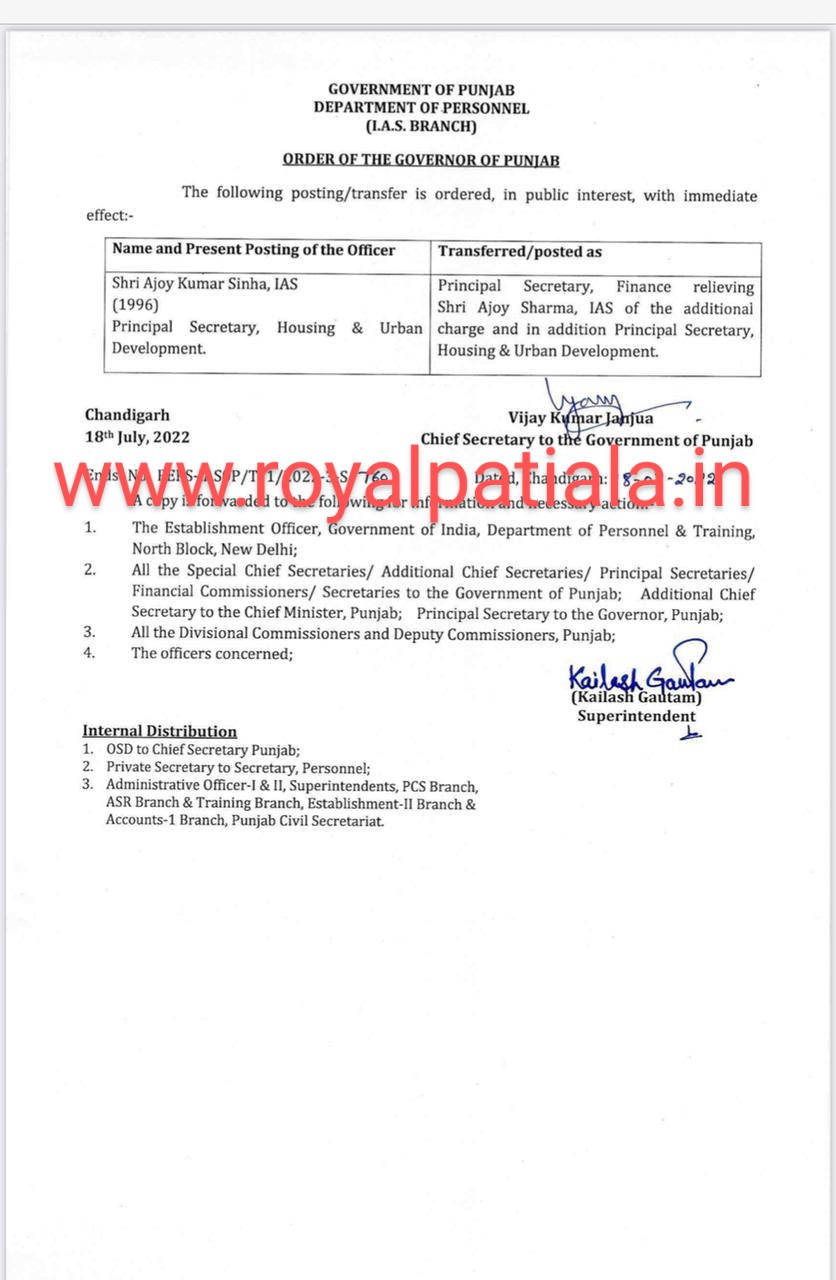December 18-National Minorities Rights Day-A Leap towards Progress and Prosperity-Puri
Jaswant Singh Puri
India is a country of unity in diversity. The Constitution of India imparts equal rights to all citizens of the country irrespective of their ethnic, cultural and religious aspects. Muslims, Sikhs, Christians, Buddhists, Jains and Zoroastrians (Parsis) have been notified as minority communities under section 2 (c) of the National Commission for Minorities Act, 1992. Minority word is derived from the Latin word ‘Minor’ and adding the suffix ‘ity’ makes the meaning as ‘small in number’. Any group or community which is socially, politically and economically non-dominant and inferior in the population are called Minorities.
Minorities Rights Day is celebrated every year on 18th December in India. It aims to uplift all the minority sections of society and back them to voice their opinion. It focuses on religious harmony and better understanding of the Minority Communities in the country. India has faced many challenges since the British Rule regarding the basic human rights. However, after independence, these rights were safeguarded to upkeep the dignity of the minorities.

December 18 was declared as the Minorities. Rights Day in 1992 by the United Nations. The UN had adopted the statement on the rights of the individuals associated with religious, linguistic, national or ethnic minorities. The National Commission for Minorities (NCM) is a reliable authority that was established by the Union Government under the National Commission for Minorities Act in 1992. This day should also highlight the necessity to eradicate all sorts of discrimination and exploitation against minorities. India acknowledges the recognition of Minority Rights under International Law. The Central Government ensures to carry out endeavours to stand committed to the Rights of Minorities. The plight and situation of the Minorities are studied deeply to eliminate discrimination from the country. Article 29 protects the interests of the minorities by making a provision that any citizen/section of citizens having a distinct language, script or culture have the right to conserve the same. No discrimination would be on the ground of religion, race, caste, language or any of them. Minorities Rights in India protect people from being discriminated on the grounds of their ethnic, cultural, linguistic or religious identity.
National Minorities Rights Day focuses on the various aspects as enumerated below;
- “Prohibition of discrimination against citizens on grounds of religion, race, caste, sex or place of birth.”
- “Citizens’ right to ‘equality of opportunity’ in employment and prohibition of discrimination on grounds of religion, race, caste, sex or place of birth”.
- “People’s freedom of conscience and right to freely profess, practise and propagate religion – subject to public order, morality and other Fundamental Rights.”
- “Right of all religious and linguistic minorities to establish and administer educational institutions of their choice”.
- “Freedom of minority–managed educational institutions from discrimination in the matter of receiving aid from the state.

Rights of Minorities are the inherent part of human rights to promote tolerance and respect for diversity. The government is the saviour of minorities and striving all measures to uplift the economic progress of the minorities through regulating numerous development and welfare schemes from time to time. There is a need to understand that Minorities Communities are also people and God does not care for any caste, creed, sect and religion.
All are equal in the eyes of the Creator. To improve the morale of the Minorities, 18th December is celebrated as Minorities’ Rights Day to create a feeling of equality and provide all the facilities and rights to the Minority Groups. Providing equal rights to them is not a favour but their legal right since they are also the citizens with the same flesh, bones, blood and other organs. So it is mandatory to discourage discrimination on basis of religion, language, nationality, or ethnicity.
India is rich in culture and variety and the nation must follow the popular slogan ‘Unity in Diversity’. India being a secular country where all shades and sects of people are allowed to follow any religion of their choice. UN Declaration states: “All human beings are born free and equal in dignity and rights. They are endowed with reason and conscience and should act towards one another in a spirit of brotherhood.

Note: This article is dedicated to Smt. Alka Puri, M.A. (Hindi, B.Ed.) who was the Secretary, Ladies Club, Punjabi University, Patiala during the tenure of Vice Chancellor Dr. S.S. Johal, awarded with Padma Bhushan in 2004. Smt. Alka Puri was the wife of Dr. Ajit Singh Puri and mother of Dr. Jaswant Singh Puri.
(The views expressed are personal)
December 18,2022












